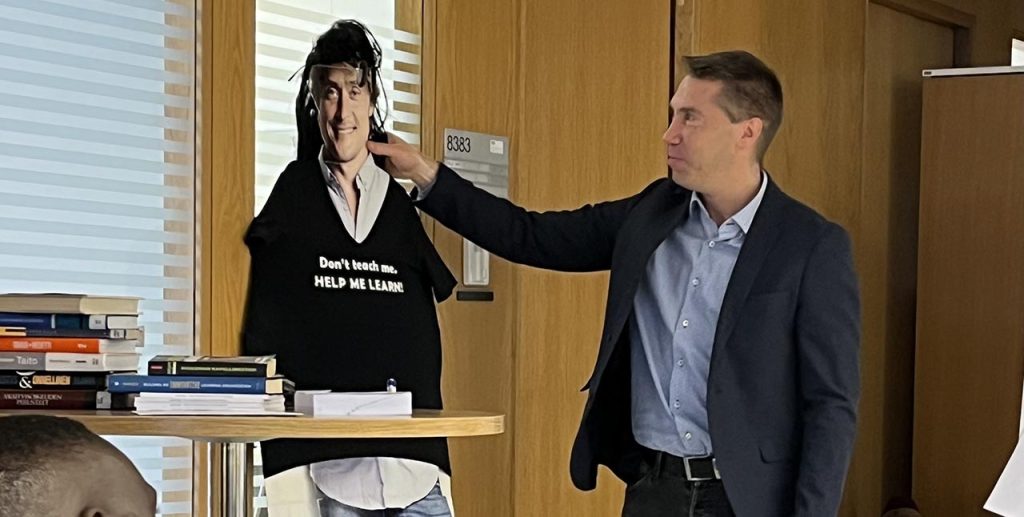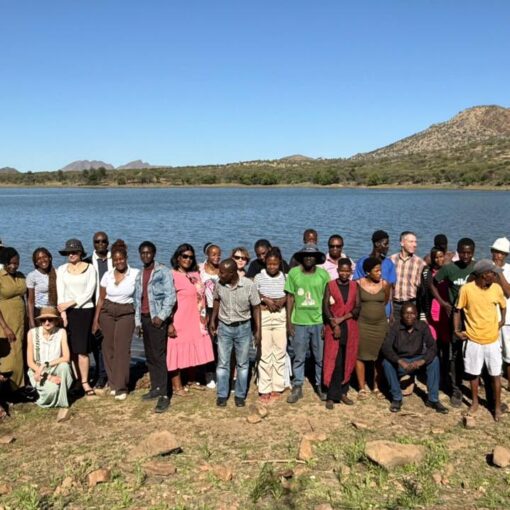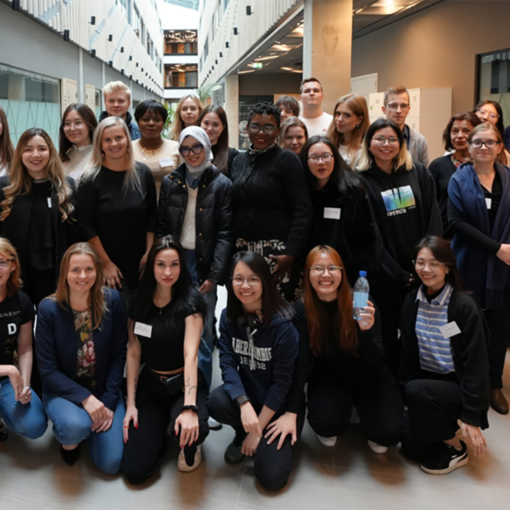One of the ambitious goals for Developing Sustainable and Entrepreneurial Villages through Educational Living Labs in Namibia and Zambia (SmartVille) project is to introduce innovative teaching and learning methods to increase practical entrepreneurial skills by offering both formal and informal education in entrepreneurship. Courses will be offered both in the partner African Higher Education Institutions, as well as in the innovative “living labs” learning environments that will be established in the rural villages of Namibia and Zambia. (Ekman 2024) The aim is to create an innovative entrepreneurship ecosystem that eventually would impact on the vitality and innovativeness of the community by increasing the number of businesses and having an impact on the unemployment level. (LAB 2024)
Project consortium partners from Namibia and Zambia identified that a lack of education, limited entrepreneurial skills, and restricted access to funding, new technology, and markets contribute to unemployment in the rural villages of Namibia and Zambia. The primary focus of economic growth is centered in large cities, resulting in a highly polarized economic situation. The World Bank statistics show that in 2022 the overall unemployment rate in Namibia was 20 % and Zambia 4,4 %. (World Bank 2024)

“Now I understand why we have such a high level of unemployment”
Upon attending a team learning session at LAB University of Applied Sciences, it became evident that the team learning approach allows students to collaborate in groups, learning from one another. Team learning method requires the lecturer to step down from the traditional authoritarian teaching style and become more like a coach that guides the students in their studies.
Case studies and project work with real companies increases cooperation with local entrepreneurs and businesses. Working as cooperatives with real customers projects, an insight for running a real business is achieved in a safe environment that LAB University of Applied Sciences can offer. Dialogue as an approach helps students to learn from each other by listening and accepting different opinions. Respect for one another enables the learning environment to be positive and psychologically safe. In a safe environment mistakes and failures are allowed and should be seen as a possibility to learn. Students are encouraged to put learned theory into practice without a fear of failure, resulting positively in increasing the learner’s self-esteem, creativity, and innovative attitude.
According to our African consortium partners there is a need for positive, psychologically safe educational environment where students are encouraged to try without a fear of failure. Through the adoption of an innovative learning approach leading to increased innovativeness, there is a subsequent boost in the vitality of the community, self-employment opportunities, as well as a possibility to increased economic growth.
Author
Mia Ekman works as a Senior Lecturer in the Faculty of Business in LAB University of Applied Sciences. Currently works also in the Developing Sustainable and Entrepreneurial Villages through Educational Living Labs in Namibia and Zambia (SmartVille) project.

References
Ekman, M. 2024. SmartVille Project Partners visited LAB. LAB Focus. Cited 17 Mar 2024. Available at https://blogit.lab.fi/labfocus/en/smartville-project-partners-visited-lab/
LAB. 2024. Developing Sustainable and Entrepreneurial Villages Through Educational Living Labs in Namibia and Zambia. Project websites. LAB University of Applied Sciences. Cited 17 Mar 2024. Available at https://lab.fi/en/project/developing-sustainable-and-entrepreneurial-villages-through-educational-living-labs-namibia
World Bank Open Data. Cited 17 Mar 2024. Available at https://data.worldbank.org/indicator/SL.UEM.TOTL.ZS




